
When we consider the term **political pioneers**, one figure who undeniably shines in the context of Sri Lanka is **Chandrika Bandaranaike Kumaratunga**. Born on June 29, 1945, in the bustling city of Colombo, she etched her name into the annals of history by becoming the **first female president** of Sri Lanka, a position she held from 1994 to 2005. However, her narrative extends far beyond merely holding a prestigious title; it is a compelling tale of resilience, unwavering determination, and an enduring commitment to the betterment of her nation. Throughout her political career, Kumaratunga faced numerous challenges, including political opposition and personal hardships, yet she remained steadfast in her vision for a united and prosperous Sri Lanka. Her leadership not only broke gender barriers but also inspired countless individuals, particularly women, to engage in politics and public service. Kumaratunga’s legacy is a testament to her belief in the power of democracy and her dedication to fostering social justice and equality within her country.
The Roots of a Political Legacy
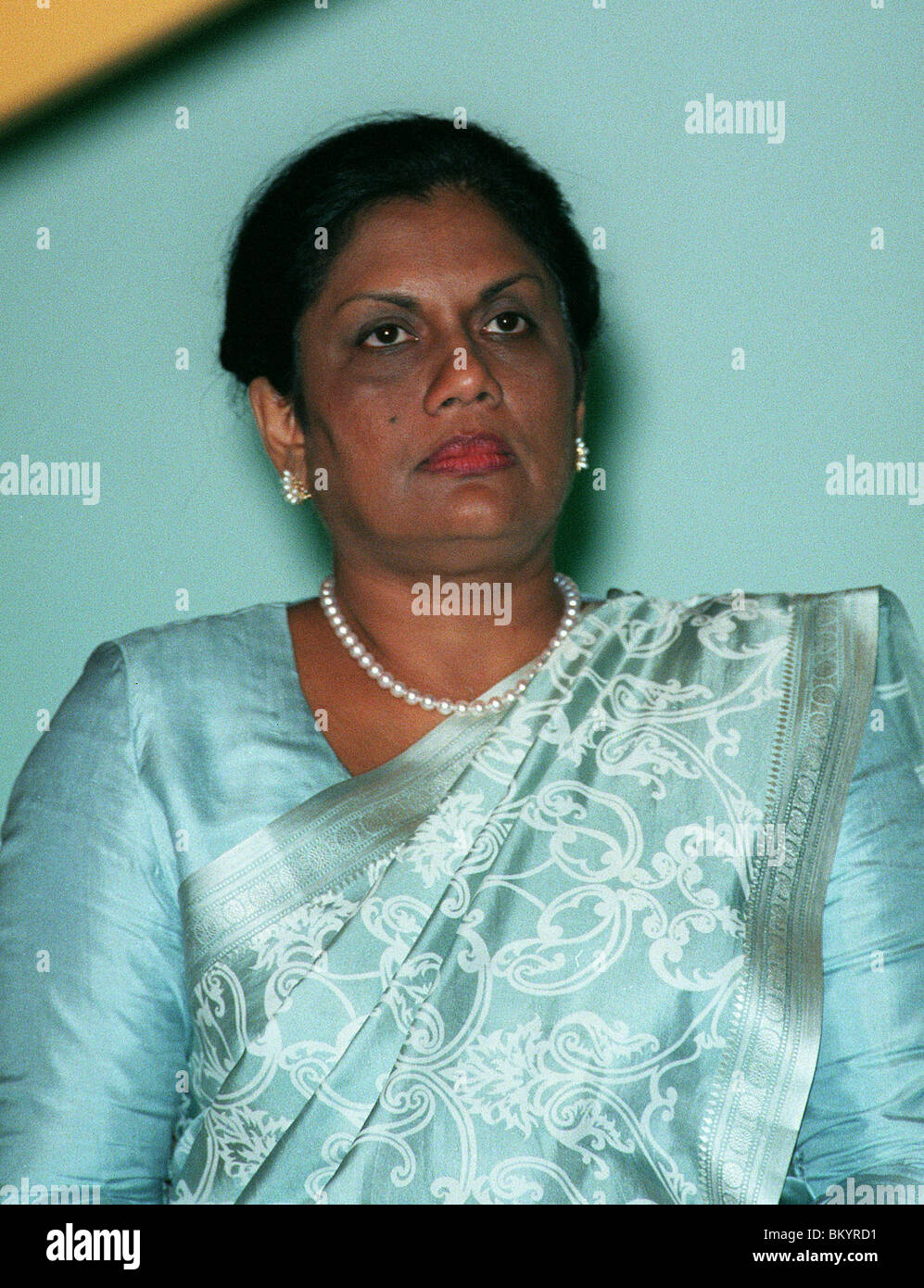
Born into Politics
Chandrika Kumaratunga was born into a family deeply entrenched in the political landscape of Sri Lanka, a lineage that would significantly shape her future. Her father, **S.W.R.D. Bandaranaike**, was not only a prominent political figure but also the visionary founder of the **Sri Lanka Freedom Party**. His tenure as prime minister was tragically cut short by assassination in 1959, leaving a profound impact on the nation and his family. Following his untimely death, her mother, **Sirimavo Bandaranaike**, stepped into the political arena and made history by becoming the world’s first female prime minister. This remarkable legacy of leadership and resilience undoubtedly laid the groundwork for Chandrika’s own political aspirations and ambitions.
Education: A Foundation for Leadership
Chandrika’s educational pursuits took her across borders to the esteemed **Universities of Paris and London**, where she immersed herself in a diverse curriculum that included **political science, economics, law, and journalism**. This rich and varied academic background provided her with a comprehensive understanding of the multifaceted nature of governance and public policy. It is fascinating to consider the stimulating discussions that must have unfolded at the dinner table in her household, where politics was not just a topic of conversation but a way of life. Such an upbringing undoubtedly equipped her with the critical thinking skills and insights necessary to navigate the complex and often tumultuous world of politics, preparing her for the significant role she would later play in her country’s leadership.
Entering the Political Arena
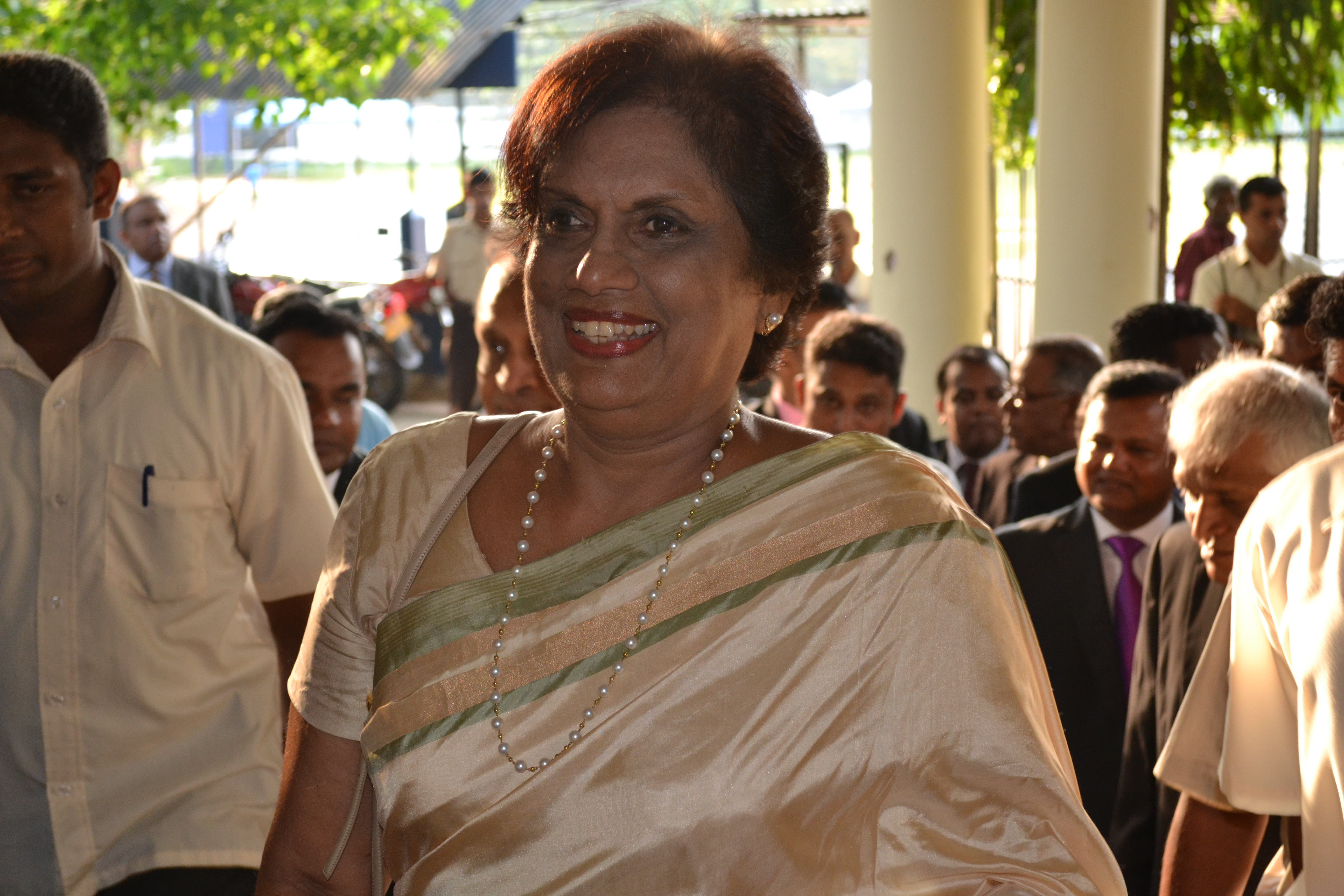
From Personal Tragedy to Political Action
In 1984, Chandrika Kumaratunga made her entrance into the political landscape of Sri Lanka, inspired by her husband, **Vijaya Kumaratunga**, who was not only a beloved former actor but also a passionate advocate for social change. Together, they took a significant step by founding the **Sri Lanka People’s Party**, aiming to bring about progressive reforms in the nation. However, their journey took a devastating turn in 1988 when Vijaya was tragically assassinated, a loss that could have easily led Chandrika to withdraw from public life. Instead, she demonstrated remarkable resilience and determination by establishing the **United Socialist Alliance**, a move that underscored her commitment to continuing the fight for justice and equality in Sri Lanka.
A Return to Sri Lanka
After spending several years in London, where she likely reflected on her experiences and the political landscape of her homeland, Chandrika returned to Sri Lanka in the early 1990s. Her return was not just a personal homecoming; it marked a pivotal moment in the country’s political history. In 1993, she founded the **People’s Alliance**, a leftist coalition designed to unite various political factions and address the pressing issues facing the nation. This coalition aimed to bridge divides and foster collaboration among different groups, signaling the start of a new chapter in Sri Lankan politics, one that was characterized by her vision for a more inclusive and equitable society.
Climbing the Political Ladder
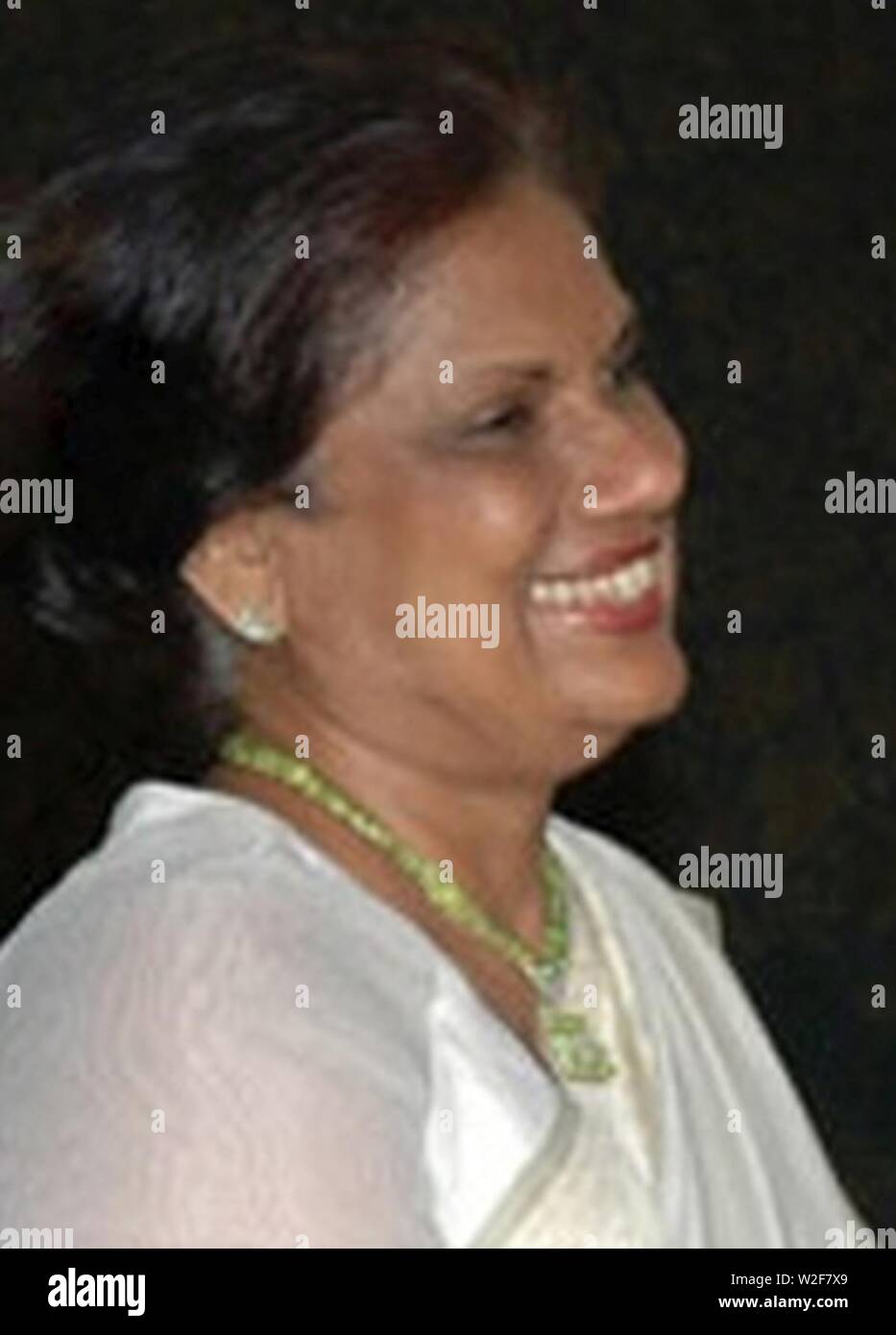
Becoming Prime Minister
On August 19, 1994, Chandrika Kumaratunga’s relentless dedication and perseverance in the political arena bore fruit when she was appointed as the Prime Minister of Sri Lanka. This significant milestone was achieved after her party, the People’s Alliance, successfully garnered the largest number of seats in the parliament during the elections. Her ascension to this esteemed position marked not only a personal triumph but also a pivotal moment in Sri Lankan politics, as it showcased the increasing role of women in leadership. Chandrika’s journey was just beginning, setting the stage for her future endeavors in governance and reform.
Presidential Victory
In a landmark election that took place on November 9, 1994, Chandrika Kumaratunga achieved another remarkable feat by winning the presidency of Sri Lanka. She emerged victorious against Srima Dissanayake, the widow of a well-known political leader, in a contest that was closely watched by the nation. This victory was not merely a personal accomplishment for Chandrika; it represented a significant breakthrough for women in politics, inspiring countless others to pursue leadership roles. Her election to the highest office in the country was a testament to her resilience and vision, and it paved the way for transformative changes in Sri Lankan society.
Challenges and Controversies
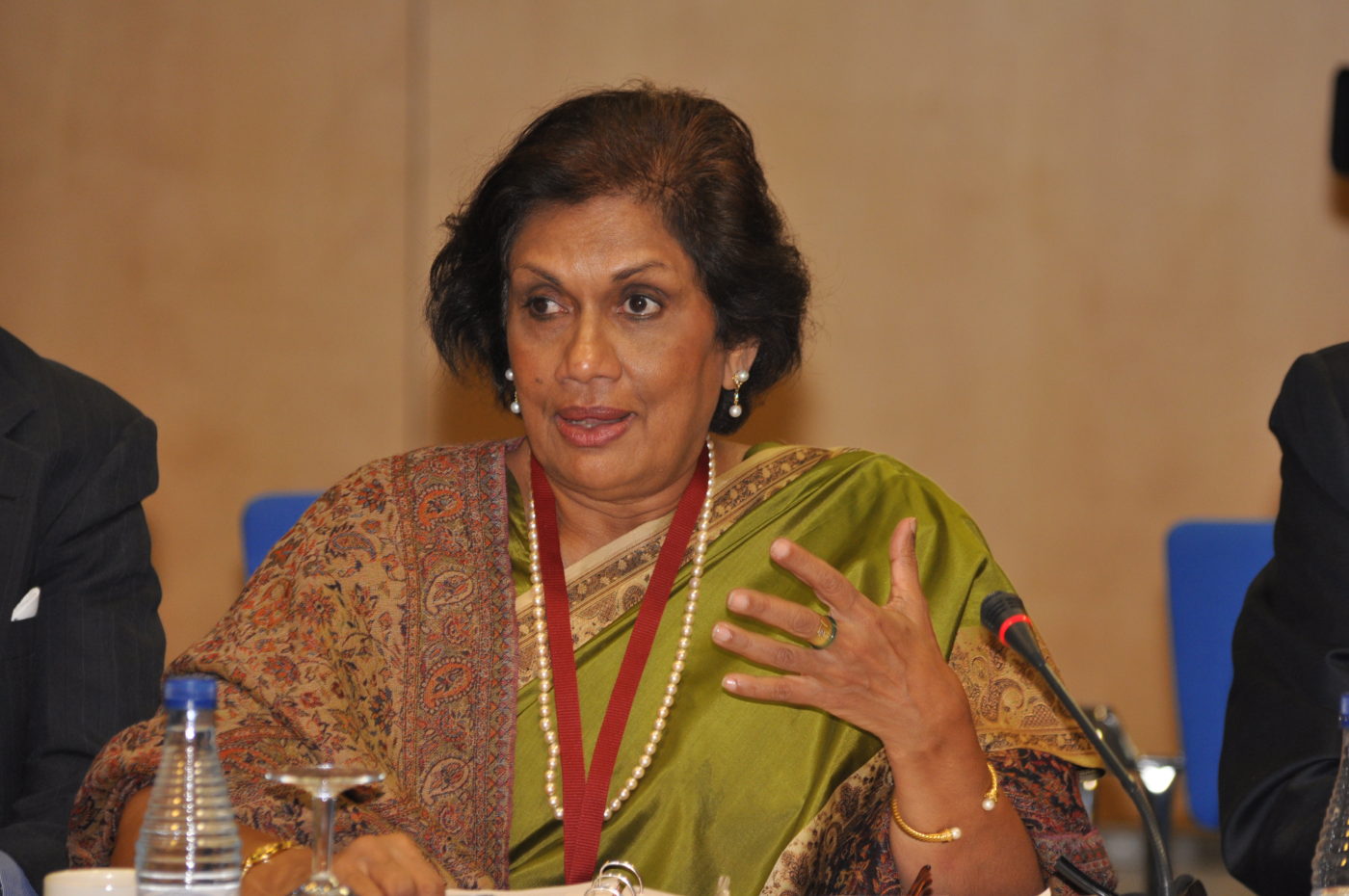
Proposing Constitutional Changes
In 1995, Kumaratunga proposed changes to the constitution to make Sri Lanka a **federal state**. This move aimed to grant local autonomy to districts, particularly those with a Tamil majority. However, it was met with resistance, and violence from **Tamil separatists** continued.
Assassination Attempts and Violence
The political landscape was fraught with danger. During her 1999 reelection campaign, Kumaratunga survived an assassination attempt that left her injured. The violence surrounding her presidency was a stark reminder of the turbulent times in Sri Lanka.
Reelection and Continued Struggles
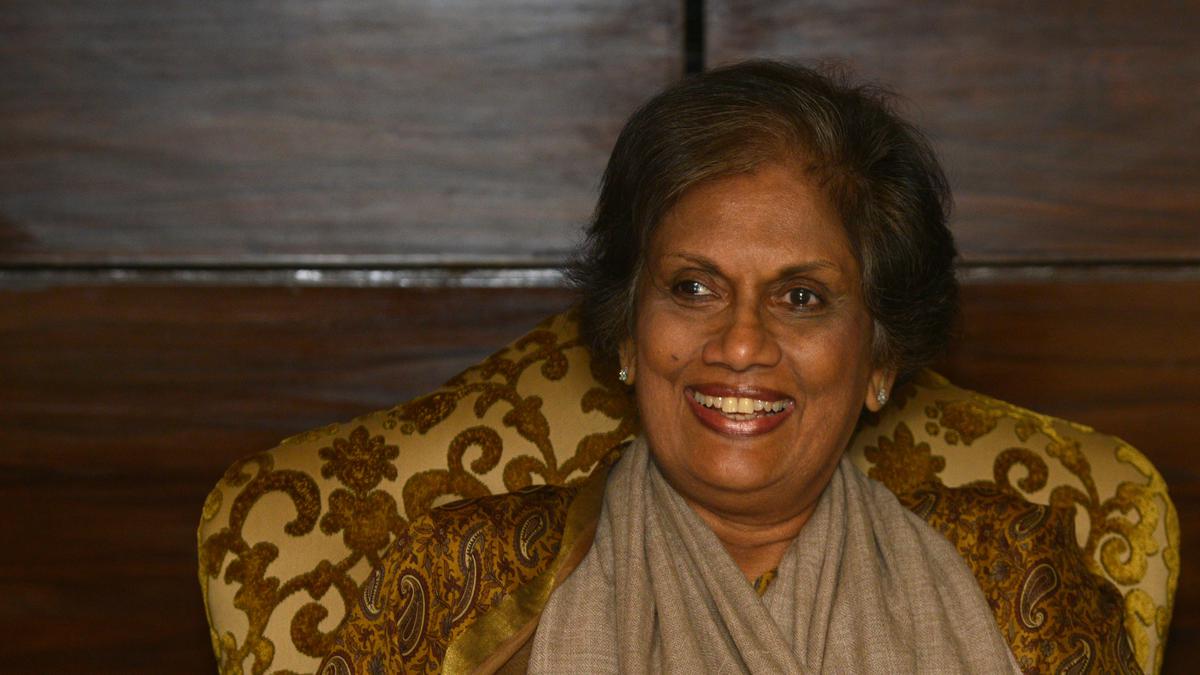
Winning a Second Term
Despite the challenges, Kumaratunga won reelection in December 1999. She vowed to maintain pressure on **terrorist rebels** while seeking compromise with moderate Tamil factions. It was a balancing act that required both strength and diplomacy.
Political Clashes with Opponents
In 2001, her political rival, **Ranil Wickremesinghe**, became prime minister after the UNP won the parliamentary election. Their clashes over peace efforts highlighted the ongoing struggle for stability in the country.
The Final Years in Office
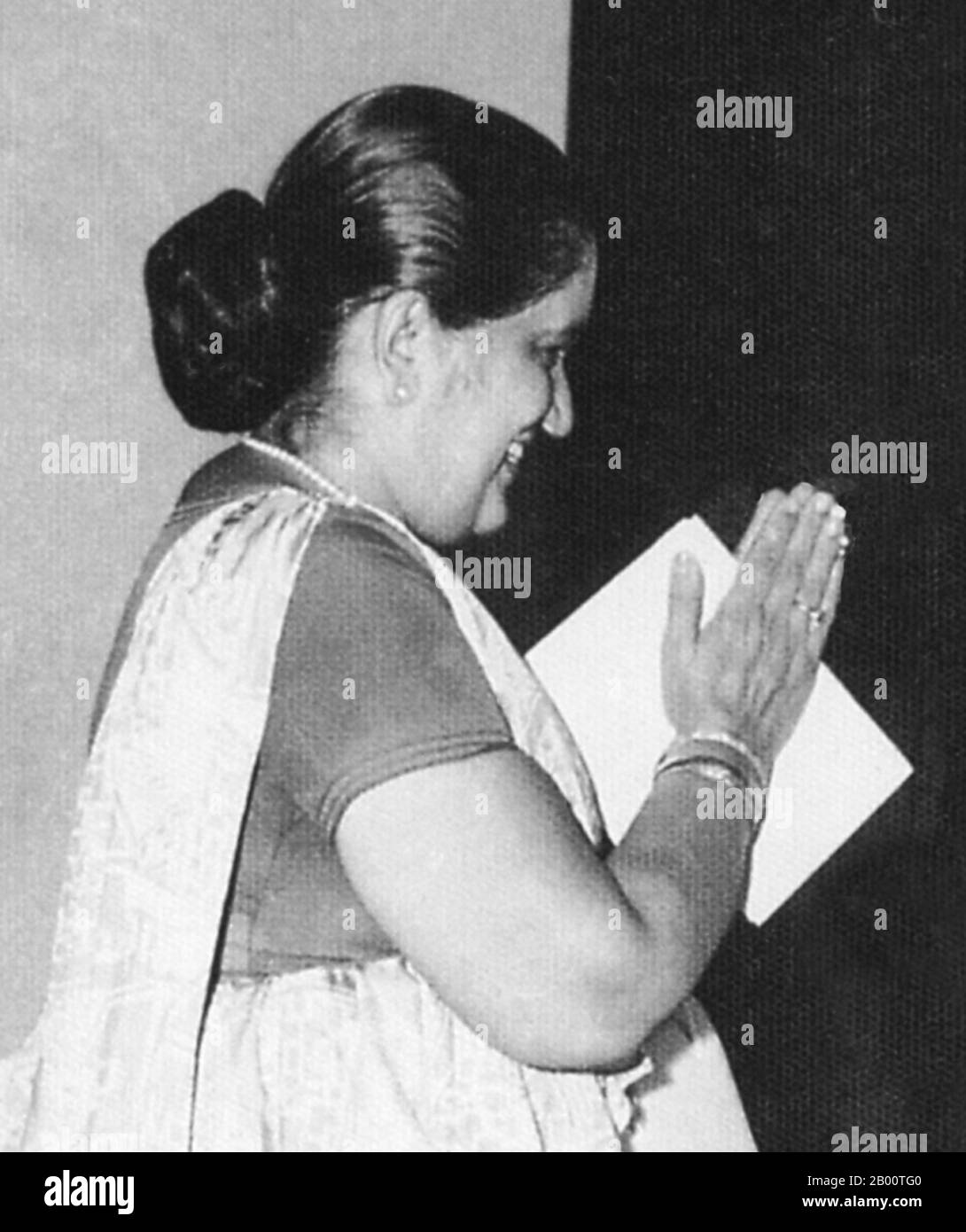
Calling for New Elections
In 2004, Kumaratunga called for new elections, leading to the defeat of Wickremesinghe. **Mahinda Rajapakse** took over as prime minister, marking a significant shift in the political landscape.
Natural Disasters and Political Upheaval
Later that year, Sri Lanka faced a devastating tsunami that caused widespread destruction. Kumaratunga’s leadership was tested as she navigated the aftermath of this disaster.
Legacy and Impact

Leaving Office
In 2005, Kumaratunga left office, legally barred from seeking a third term. Her presidency was marked by both achievements and challenges, but her impact on Sri Lankan politics remains undeniable.
A Role Model for Future Generations
Chandrika Bandaranaike Kumaratunga’s journey is a testament to the power of perseverance. She broke barriers for women in politics and inspired countless individuals to pursue their dreams, regardless of the obstacles they face.

Chandrika Bandaranaike Kumaratunga’s story is not just about politics; it’s about **courage, resilience**, and the relentless pursuit of change. As we reflect on her legacy, we can appreciate the strides made in Sri Lankan politics and the ongoing journey toward equality and justice.
Table: Key Events in Chandrika Bandaranaike Kumaratunga’s Life

| Year | Event |
|---|---|
| 1945 | Born in Colombo, Sri Lanka |
| 1984 | Entered politics, co-founded the Sri Lanka People’s Party |
| 1994 | Elected Prime Minister |
| 1994 | Elected President of Sri Lanka |
| 1999 | Survived assassination attempt during reelection campaign |
| 2005 | Left office after completing two terms |

